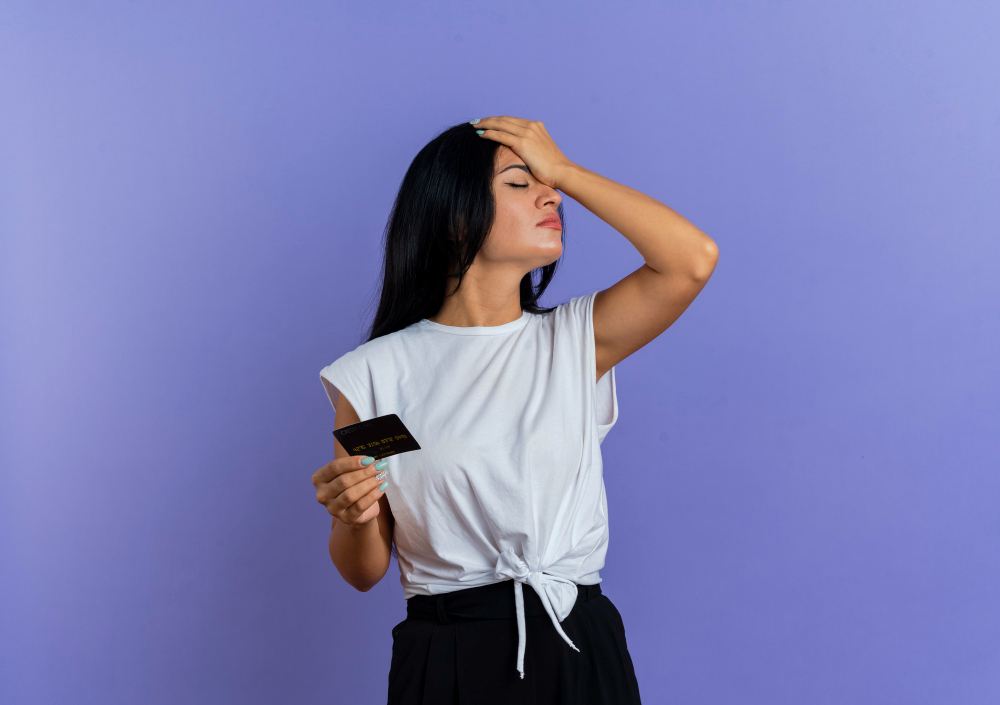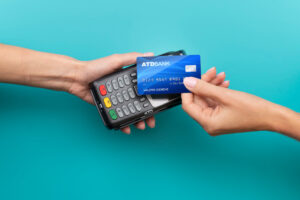How to Know It’s Time to Put the Credit Card Away
Using a credit card is convenient and practical, but is it always good for your finances? Find out when it might be time to stop.
Credit cards have become a nearly indispensable tool and everyday companion.
But despite their convenience and frequent use, they can also cause serious damage to your financial health.

In this article, we’ll go over key warning signs that it might be time to take a break from credit card use, along with practical strategies to regain control of your finances.
Credit Card: Enemy or Ally?
First things first — the credit card itself isn’t the bad guy.
In fact, when used responsibly, it can be a powerful ally. It allows you to delay payments interest-free (as long as you pay on time), offers rewards programs, and can help build your credit history.
If your credit card starts to feel like an extension of your paycheck — or worse, a way to maintain a lifestyle you can’t afford — that’s a major red flag.
Signs It’s Time to Put the Card Away
You’re using your credit card to cover basic needs
If you’ve started using your card for everyday expenses like groceries or gas because your monthly income doesn’t stretch far enough, that’s a clear sign your budget is off balance.
The card might give temporary relief, but it’s also hiding a bigger issue: you’re spending more than you earn.
You never pay off your full balance
If you’re constantly paying just the minimum or only part of your bill, while the rest rolls over and grows with interest, you’re caught in one of the biggest traps — and it’s one that leads many Americans into long-term debt.
You’ve lost track of how much you owe
You avoid checking your banking app and have no idea where your balance stands?
That’s a serious red flag. Denial is common in this situation, but ignoring your debt will only make things worse.
You’re always maxing out your limit
Consistently hitting your credit limit affects your credit score, especially because one of the biggest factors in scoring is your credit utilization ratio — how much of your available credit you’re using. Ideally, you want to stay under 30%.
You’re using one card to pay off another
If you’re paying off one credit card with another or taking out new loans just to pay off existing ones, you’re entering a dangerous debt cycle.
Financial stress is hurting your well-being.
Debt-related stress can impact your sleep, mood, and even your productivity at work.
If using your credit card causes anxiety, family arguments, or a constant sense of guilt, the issue has gone beyond just money.
What to Do When It’s Time to Stop
Pause your credit card use immediately
You don’t have to cut it in half (unless it feels symbolic for you), but remove it from your wallet, delete saved numbers from shopping apps, and avoid using it online. That alone can help a lot.
Take a financial snapshot
List all your credit card debts, including balances, interest rates, and limits. Understand how much you earn, how much you spend, and where you can cut back.
Create a repayment plan
Consider the snowball method (paying off the smallest debts first) or the avalanche method (prioritizing debts with the highest interest rates).
Negotiate with your credit card issuers
In the U.S., many credit card companies are open to renegotiating.
You might be able to get a lower interest rate, set up a payment plan, or even get temporary relief in specific cases.
Reevaluate your lifestyle
Stopping credit card use may require some habit changes. That might mean canceling unused subscriptions, avoiding impulse buys, or adjusting spending habits that no longer fit your reality.
Use cash or debit whenever possible
Paying with what you already have may feel old-fashioned, but it helps build a healthier relationship with spending.
When Can You Start Using Your Card Again?
Once your finances are back on track, you can return to using your credit card — but with clear boundaries:
- Only use it for planned purchases.
- Always pay the full statement balance.
- Monitor your spending weekly.
- Never rely on your credit limit to get through the month.





